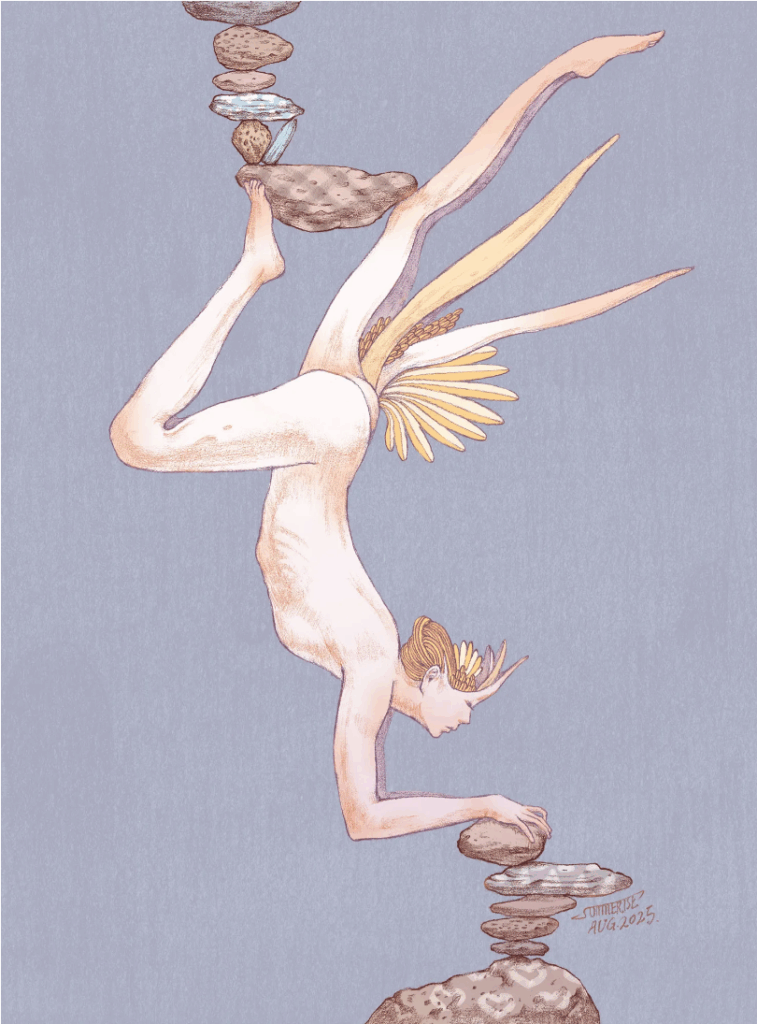No matter how hard we try, life is full of unavoidable waits—standing in line at a crowded café, waiting for a delayed bus, or biting your tongue when emotions run high. In these moments, patience becomes more than a virtue; it’s a vital skill for emotional balance and healthy relationships.
As New York psychologist Dr. Geoffrey Gold explains, some people are naturally more patient, with traits that allow them to handle uncertainty or extend trust more easily. But patience isn’t just something you’re born with—it can be trained, just like a muscle. If waiting isn’t your strength, here are six expert-backed strategies to help you strengthen it in daily life.

1. Rethink Your Relationship with Time
Patience often hinges on how we perceive time, not just how long we wait. A study from the University of California found that focusing less on the clock and more on the reward of waiting makes delays easier to tolerate.
Instead of stewing in frustration when the checkout line crawls, flip the perspective: treat it as a pocket of downtime. Use it to plan your day, let your mind wander, or listen to a podcast. By reframing waiting as an opportunity to pause rather than a punishment, you cultivate calm instead of resentment.
2. Practice Self-Kindness First
Impatience often starts with how harshly we treat ourselves. Therapist Helen Monnet emphasizes the importance of listening to your own emotions and granting yourself permission to feel them. When you’re kinder to yourself, you naturally extend that patience to others.
Much of impatience comes from resisting reality—wanting a new skill to be mastered instantly, or expecting healing to happen overnight. Letting go of control, and accepting that life unfolds on its own timeline, makes space for more ease. Those who “go with the flow” aren’t indifferent; they’ve simply embraced life’s inherent messiness.

3. Slow Down Your Pace
When deadlines pile up or stress feels overwhelming, our instinct is to move faster. But rushing sends your brain the message that you’re in crisis, amplifying anxiety. Paradoxically, slowing down is what restores calm.
Whether it’s resisting the urge to overtake pedestrians, pausing before snapping at a late delivery person, or even chewing and speaking more slowly—these small acts help retrain your nervous system. “When you feel in control of your body, your mind starts to follow,” says psychologist Fanny Tristan, founder of Restority Space in New York. With a calmer rhythm, you’re better equipped to handle frustrating moments with grace.

4. Breathe and Reset
Your breath is a built-in reset button. The next time impatience rises, pause and take three deep breaths. It releases tension in the body and quiets the mind. Pairing this with mindfulness meditation—even just ten minutes a day—teaches you to observe thoughts without judgment and let irritation pass more quickly.
Sometimes, though, pent-up energy needs a physical outlet. Squeeze a stress ball in traffic, fidget with a pen during a tedious meeting, or even splash cold water on your face. These sensory tricks might sound trivial, but research shows they can jolt your system back into balance before frustration boils over.
5. Do Nothing—On Purpose
In a culture that glorifies productivity, doing nothing feels counterintuitive. Yet deliberately carving out moments of stillness is one of the most powerful ways to train patience.
Try blocking off a quiet hour on a weekend afternoon with no agenda—just sip your coffee slowly, without your phone, and let the minutes unfold. Even a daily ten-minute “offline break” teaches your brain that it’s safe to be idle. Over time, waiting becomes less threatening because your mind learns that slowing down isn’t wasted time—it’s restorative.

6. Choose Activities That Reward Patience
Certain hobbies are, by nature, lessons in waiting. Gardening teaches you to surrender to a plant’s timeline. Knitting, puzzles, or even baking bread require sustained focus and a willingness to move at a slower pace. These activities aren’t just pastimes for retirees—they’re practical training grounds for anyone who wants to become more comfortable with life’s gradual rhythms.
Final Thought
Patience isn’t an inborn gift; it’s a skill honed through practice. By reframing time, being kinder to yourself, slowing down, and engaging in mindful or patience-building activities, you can transform waiting from a source of frustration into a quiet strength.
After all, life rarely moves at the speed we demand. But with patience, we can learn to meet it where it is—calm, steady, and unhurried.

Leave a Reply